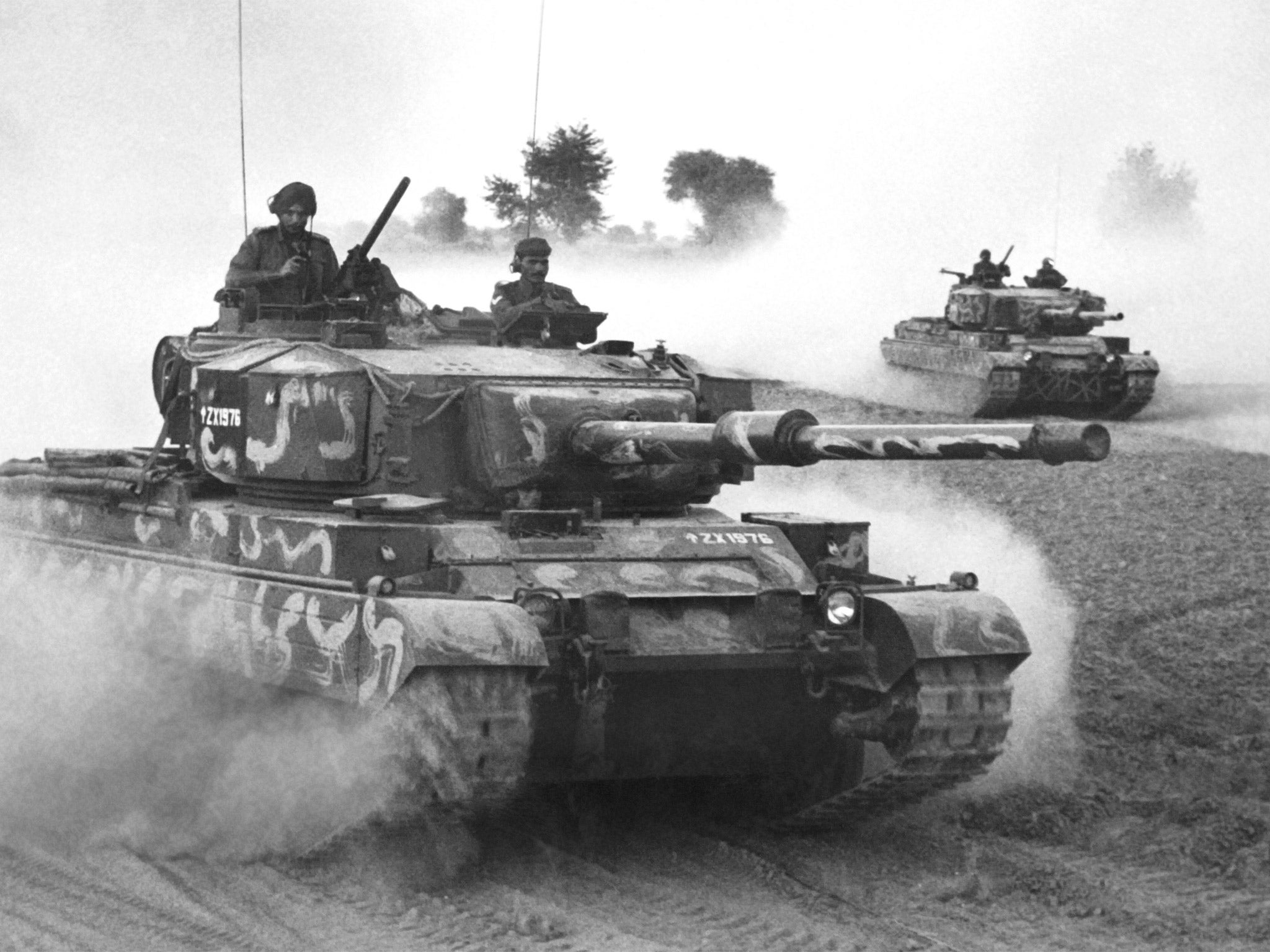The Raj at War, by Yasmin Khan - book review: Frequently illuminating but covers too much too quickly
India answers the call to arms

Your support helps us to tell the story
From reproductive rights to climate change to Big Tech, The Independent is on the ground when the story is developing. Whether it's investigating the financials of Elon Musk's pro-Trump PAC or producing our latest documentary, 'The A Word', which shines a light on the American women fighting for reproductive rights, we know how important it is to parse out the facts from the messaging.
At such a critical moment in US history, we need reporters on the ground. Your donation allows us to keep sending journalists to speak to both sides of the story.
The Independent is trusted by Americans across the entire political spectrum. And unlike many other quality news outlets, we choose not to lock Americans out of our reporting and analysis with paywalls. We believe quality journalism should be available to everyone, paid for by those who can afford it.
Your support makes all the difference.Experiences of the Second World War varied dramatically across the Indian sub-continent. My own family is a classic example. My mother, an Anglo-Indian growing up in Rajasthan, enjoyed the dances and dinners that followed the arrival of large numbers of allied troops. Over in Burma my Uncle Ted was fighting in General Slim’s British army against the Japanese. When I asked him what jungle warfare was like he replied: “Grown men were crying for their mothers”, and left it at that. Khan’s aim is to examine the conflict from the perspective of ordinary Indians and colonialists; her book is sub-titled “A People’s History of India’s Second World War”. It is a story of surprises, some paradoxical, others disturbing.
India raised the largest volunteer army ever to fight for the allies: more than two million piled in. And that is the first paradox (which goes unremarked by Khan) – India’s population was a mighty 380 million, which made the volunteer army relatively tiny.
Nevertheless, the call to arms aroused strong responses. Seventeen year-old Mohammed Khan, for example, joined up despite not speaking English and having encountered just two British families in his life. But it was events on the home front that were to have the greatest impact. Most Indians lived in dire poverty and their plight was worsened by administrative bungling in wartime. When their country looked set to fall to the Japanese, many Indians concluded that British protection – the supposed upside of colonial dominion – was illusory.
To make invasion more difficult a “denial” policy was implemented in eastern India. Land was confiscated in coastal areas and boats of all sizes taken away. Debate continues about the causes of the terrible famine that followed in Bengal, but “denial” depredations were an obvious factor.
Khan is frequently illuminating, but she should have spent more time tracking down survivors for first-hand accounts, rather than relying heavily on archives and libraries. When it comes to recounting the history itself, she covers too much too quickly.
The obvious post-script to India’s war is independence, and the country’s eventual emergence as a superpower.
There is another coda, however, which is perhaps the biggest surprise from all of this: the magnanimity of the Indian people. It is astonishing how little resentment they harbour for our appalling mismanagement at the close of empire. So often – and we do not deserve this at all – we are remembered fondly, receiving the most maternal of welcomes from Mother India when we venture back as her guests.
Join our commenting forum
Join thought-provoking conversations, follow other Independent readers and see their replies
Comments